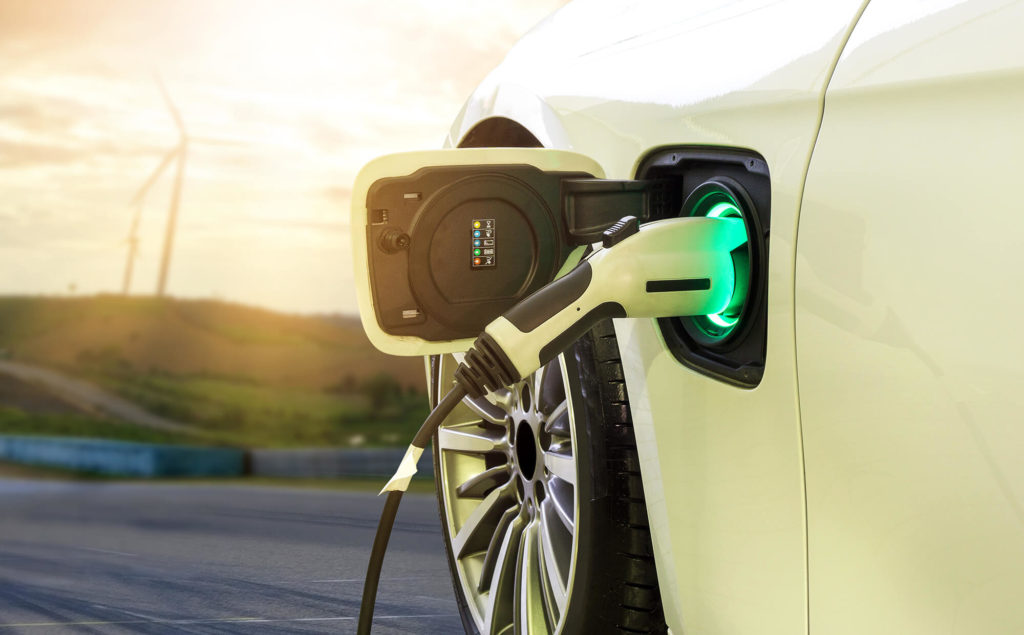Heat pump installation
Save up to 70% off your energy bill!
Although heat pumps have an upfront cost, they are about 4 to 5 times more efficient than standard gas boilers. Book a site survey to find out how much you can save!
Why install a heat pump system?
Heat pumps do not create heat. They move it from the outside air, ground or water and transfer it inside where it can be used in radiators, underfloor heating or warm air heating systems as well as supplying hot water for taps.
Heat pumps can also provide a cooling effect for businesses in hot weather conditions by reversing the system.
Typically, for every 1kW of electricity used, heat pumps will produce 3-4kWh of usable heat energy. That’s an efficiency of 300-400% compared to a new gas boiler.
Replacing an old conventional boiler with a heat pumps will lower your carbon footprint and save you money over time.
Types of heat pumps available
Air source heat pumps
There are 2 types of air source heat pumps: air-to-water and air-to-air. Both types extract heat from the outside air however they deliver it to the office in different ways.
Air-to-water heat pumps are the most obvious replacement for a gas boiler as they can circulate heat through a wet central heating systems including radiators, underfloor heating and produce hot water.
Air-to-air heat pumps deliver heat through a fan circulation system, but do not produce hot water.
You will need a separate water heating system if you use these.
Ground source heat pumps
Ground source heat pumps extract heat from buried collectors known as arrays. Fluid is pumped
through the arrays to absorb heat stored in the ground. This fluid is then compressed in a heat
exchanger where the heat is extracted and transferred to the business similar to an air-to-water heat pump.
This type of heat pump requires a large outdoor space for installation of slinky pipes in trenches or
boreholes.
Water source heat pumps
Similar to a ground source heat pump, a water source heat pump is a network of pipes, except these are submerged in water that extracts heat from the body of water and compresses it in the exact same way.
As water temperatures tend to remain stable all year around, the efficiency of these heat pumps can be guaranteed, but does need to be within 100m of a suitable water source.
Hybrid heat pumps
Also called a dual fuel system, hybrid heat pumps combine both an air or ground heat pump with a traditional gas, oil or LPG boiler. This depends on which is the most efficient at the given time.
In very cold weather, the boiler will switch on using fossil fuels. However, hybrid heat pumps may be an option if your business cannot fully switch to an air, ground or water heat pump system.
High temperature heat pumps
These pumps use the same technology as other heat pumps but are designed to run at higher
temperatures of between sixty and eighty degrees. These pumps tend to be more expensive to install and less efficient than low temperature models.
Similar to a ground source heat pump, a water source heat pump is a network of pipes, except these are submerged in water that extracts heat from the body of water and compresses it in the exact same way.
As water temperatures tend to remain stable year around, the efficiency of these heat pumps can be guaranteed, however you must be within 100m of a suitable water source.
Benefits of heat pumps
Save money
Up to 70% of your energy bill can be reduced. All energy used by a heat pump is extracted from an outside source, significantly reducing usage of expensive electricity from the national grid.
Friendly to the local environment
As the majority of energy used through a heat pump system is renewable, installing heat pumps can make significant contributions to your decarbonisation efforts.
Easy to install
Most heat pumps can be installed quickly and easily using the existing radiator system and require little maintenance per year. This can be properly determined at a site visit.
Cost of heat pumps
The cost of a heat pump installation will vary depending on the location and type of property. A site survey would be required for a more precise installation cost, though approximate costs may be as follows:
- Ground source: £13,000 – £35,000
- Air Source: £4,000 – £8,000
- Water Source: £10,000
Although heat pumps have a high upfront investment, they are about 4 to 5 times more efficient than conventional boiler systems.
Grants may be available in your area to mitigate this and are often administered by your Local Enterprise Partnership (LEP). We have a specialist service for accessing public funds, so please get in touch if grant assistance is required.
Contact Us
Get in touch for more information on how we can help. If you prefer, you can book a free 15 minute consultation with us.
[gravityform id=”3″ title=”false” description=”false”]
Insights & Guides
Articles, news and events to further guide you on your business journey.



